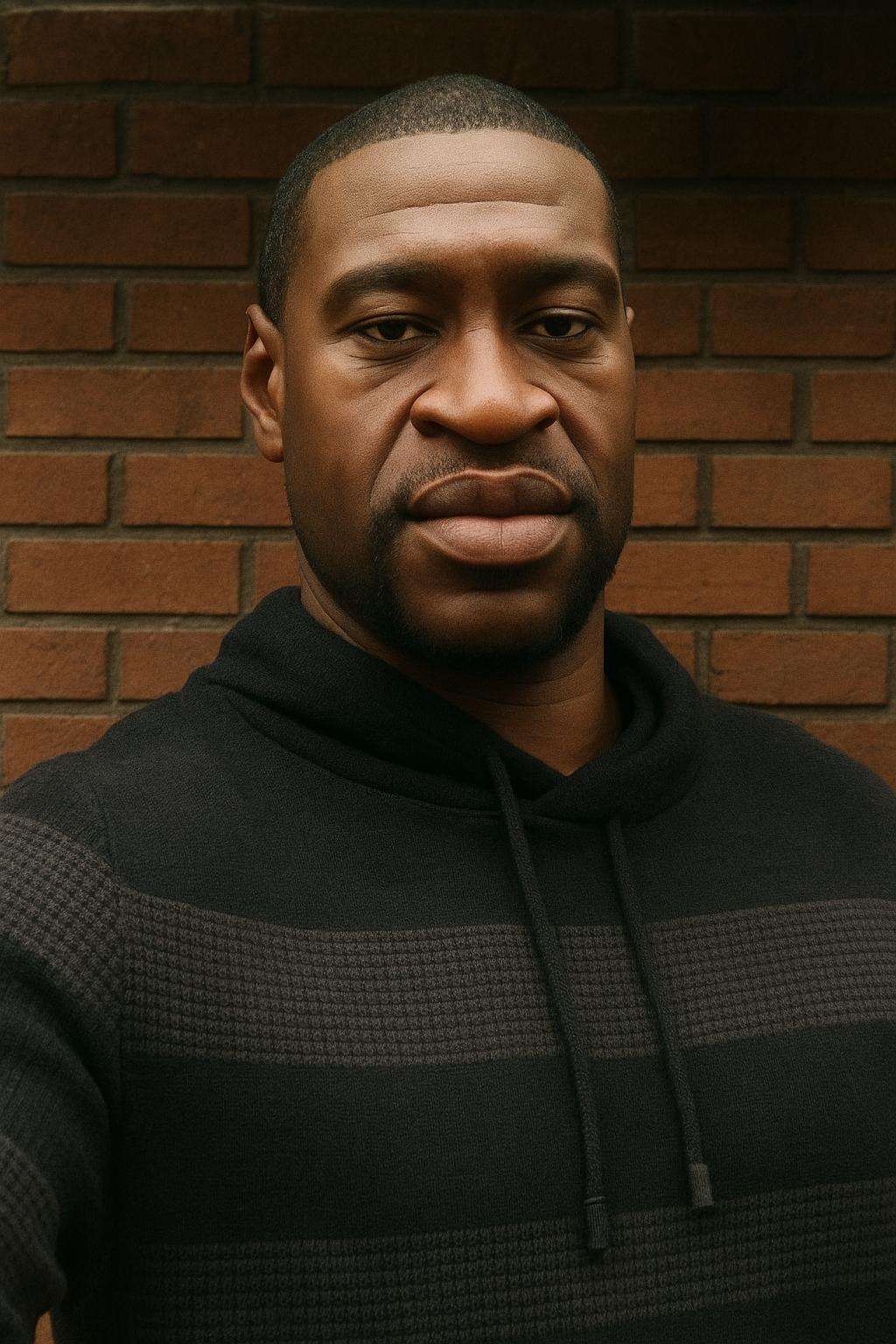




Impact of George Floyd’s Death on the Civil Rights Movement
George Floyd is a significant figure in modern civil rights history. Known for his tragic death during a police encounter in Minneapolis in 2020, his life and legacy have sparked worldwide movements aimed at fighting racism and promoting social justice.
In this article, we explore George Floyd’s early life, struggles, career, and the global impact of his legacy.

Early Life of George Floyd
George Perry Floyd Jr. was born on October 14, 1973, in Fayetteville, North Carolina. Raised by his mother, Larcenia, he moved at age three to Houston’s Third Ward, a historically Black and impoverished neighborhood of Texas.
Floyd grew up experiencing hardship, often facing food insecurity and witnessing gun violence and police presence in his community. Despite these challenges, he was known for telling people “I love you” and aspired to make a difference from a young age. In elementary school, he dreamed of becoming a Supreme Court Judge, showing hope and ambition in spite of difficult circumstances.
Career and Achievements
George Floyd gained recognition through a series of personal and social milestones:
- Excelled in sports at Jack Yates Senior High School, playing basketball and football.
- Became known as “Big Floyd” in the Houston hip-hop scene, contributing as a rapper with DJ Screw’s group.
- Inspired global protests against police brutality and racial injustice after his tragic death in 2020.
Key Events in George Floyd’s Life
| Year | Event | Significance |
|---|---|---|
| 1973 | Birth in North Carolina | Earliest life and family background |
| 1992 | High school football state finals | Athletic achievement and community pride |
| 2020 | Death in Minneapolis | Ignited global movement for racial justice |
Personal Life and Public Image
George Floyd was seen as compassionate and encouraging, playing a father-figure role for his siblings after his parents separated. He was devoted to his daughter, Gianna, born in 2013. Friends and family recall his positive attitude and efforts to support loved ones, even while facing personal struggles.
In his adult life, Floyd faced obstacles such as substance abuse and several stints in prison—mostly for nonviolent offenses deeply linked to poverty and systemic issues. In 2017, seeking a fresh start, he relocated to Minneapolis, where he completed a rehabilitation program, worked multiple jobs, and tried to rebuild his life. His public image, once shaped by challenges, was later defined by a global call for justice after his death.
Legacy of George Floyd
George Floyd continues to influence society through:
- Becoming a symbol in the worldwide fight against racism and police brutality.
- Inspiring the Black Lives Matter movement and resulting legislative proposals aimed at policing reform.
- Being memorialized in art, literature, and education as a catalyst for social change.
This biography highlighted the journey and influence of George Floyd. His life and tragic death remain central to discussions about race, equality, and justice in society today.
Learn more about historical and modern-day personalities on Vedantu’s platform.
- Explore more about civil rights leaders by reading the Martin Luther King, Jr. Biography.
- Discover global figures in the fight for social justice in the Nelson Mandela Biography.
- Learn about activism in American history with the Rosa Parks Biography.
- For a perspective on race and leadership, see the Barack Obama Biography.
- Compare approaches to civil rights by exploring the Malcolm X Biography.
- Read about the history of racial equality in the Abraham Lincoln Biography.
FAQs on Who Was George Floyd and Why Is He Important?
1. Why is George Floyd famous?
2. Where is George Floyd’s family now?
3. Did George Floyd know his daughter?
4. What were George Floyd’s last words?
5. When did George Floyd die?
6. What happened to George Floyd?
7. What was George Floyd’s profession?
8. What is George Floyd’s legacy?
9. What impact did George Floyd’s death have on the Black Lives Matter movement?
10. How old was George Floyd when he died?
11. What are some interesting facts about George Floyd?
12. What were the protests following George Floyd's death called?





















